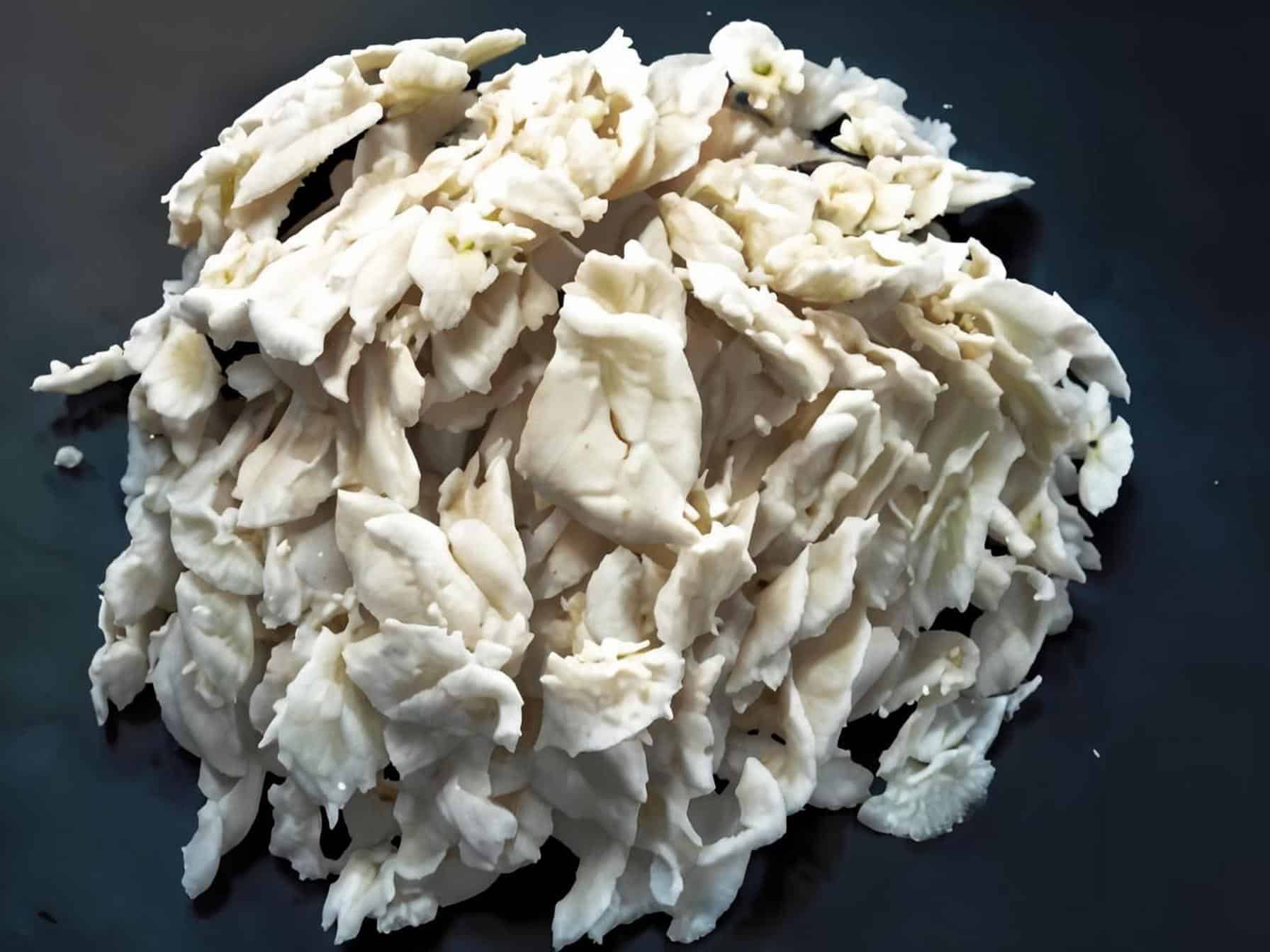Epoxy resin adhesive is an adhesive with excellent performance, especially its environmental adaptability, strong adhesion, environmental protection and other characteristics, so that it is widely valued by people, and a wide range of applications.
1. The advantages of epoxy resin adhesives
Compared with other types of adhesives, epoxy resin adhesives have the following advantages:
(1) Epoxy resin contains a variety of polar groups and epoxy group with great activity, so it has strong adhesion with metal, glass, cement, wood, plastic and other polar materials, especially materials with high surface activity, and the cohesive strength of epoxy cured products is also very large, so its adhesive strength is very high.
(2) Basically no low molecular volatiles are produced when the epoxy resin is cured. The volume shrinkage of the adhesive layer is small, about 1%-2%, which is one of the smallest curing shrinkage among the thermosetting resins, and can be reduced to less than 0.2% after adding filler. The linear expansion coefficient of epoxy curing material is also very small, so the internal stress is small, and the impact on the strength of the glue joint is small. In addition, the creep of epoxy curing material is small, so the size stability of the adhesive layer is good.
(3) There are many varieties of epoxy resin, curing agent and modifier, which can be designed by reasonable and clever formula, so that the adhesive has the required process (such as fast curing, room temperature curing, low temperature curing, curing in water, low viscosity, high viscosity, etc.), and has the required performance (such as high temperature resistance, low temperature resistance, high strength, high flexibility, aging resistance, electrical conductivity, magnetic conductivity, thermal conductivity, etc.).
(4) Good compatibility and reactivity with a variety of organic (monomer, resin, rubber) and inorganic substances (such as fillers, etc.), easy to copolymerize, cross-link, blend, fill and other modifications to improve the performance of the rubber layer.
(5) Good corrosion resistance and dielectric properties. It can resist the corrosion of various media such as acid, alkali, salt and solvent. Volume resistivity 1013~1016Ω-cm, dielectric strength 16-35kV/mm.
(6) General-purpose epoxy resin, curing agent and additives have many origins and large production, easy to prepare, can contact pressure molding, and can be applied on a large scale.
2. Disadvantages of epoxy resin adhesive
Of course, epoxy resin adhesive also has its own disadvantages. From the economic point of view, its price is relatively high. And from the point of view of material performance, it mainly has the following shortcomings:
(1) No toughening, the cured material is generally brittle, peel resistance, anti-cracking, impact resistance performance is poor.
(2) Small polarity of the material (such as polyethylene, polypropylene, fluorine plastic, etc.) adhesion force is small. Surface activation treatment must be carried out first.
(3) Some raw materials such as active thinner, curing agent, etc. have varying degrees of toxicity and irritation. Design formulations should try to avoid the choice, construction operations should be strengthened ventilation and protection.
More information or free samples or price quotations, please contact us via email: sales@yqxpolymer.com , or voice to us at: +86-28-8411-1861.
Some pictures and texts are reproduced from the Internet, and the copyright belongs to the original author. If there is any infringement, please contact us to delete.

